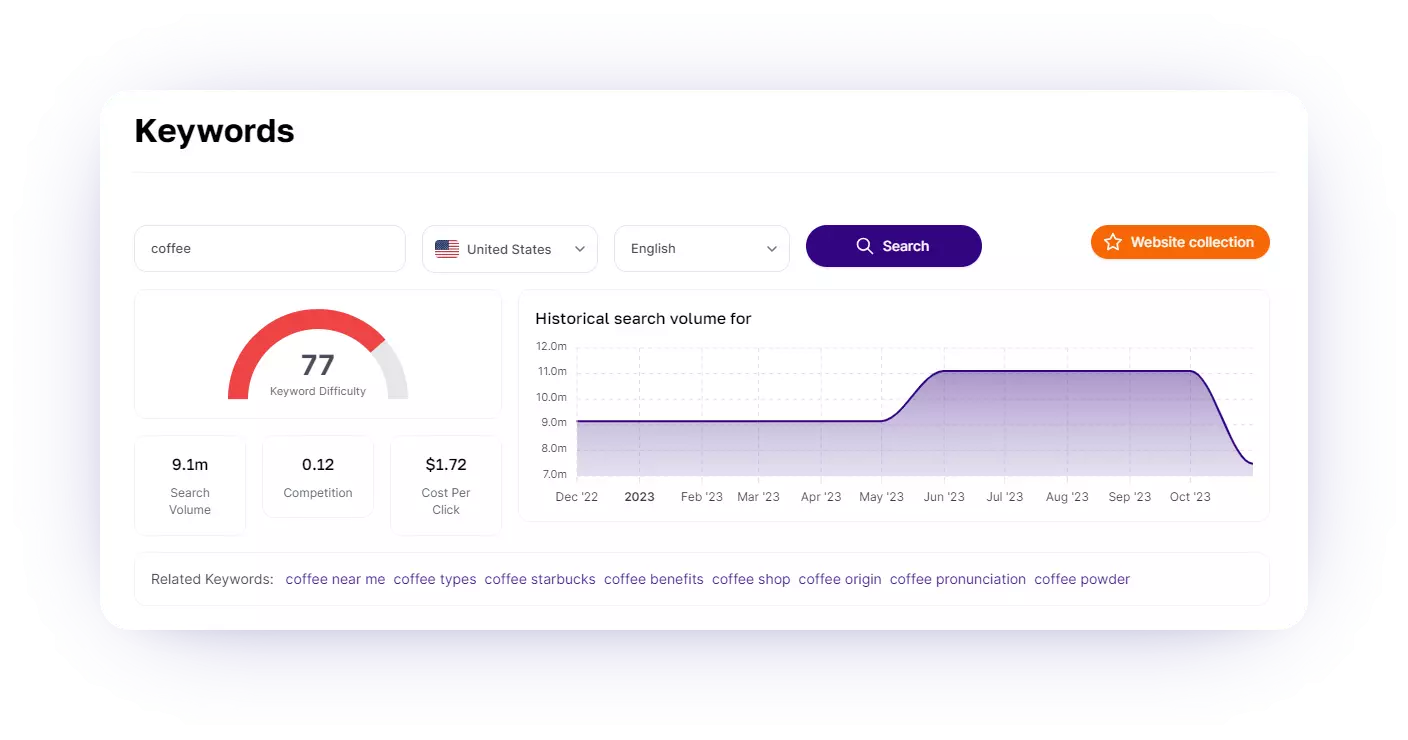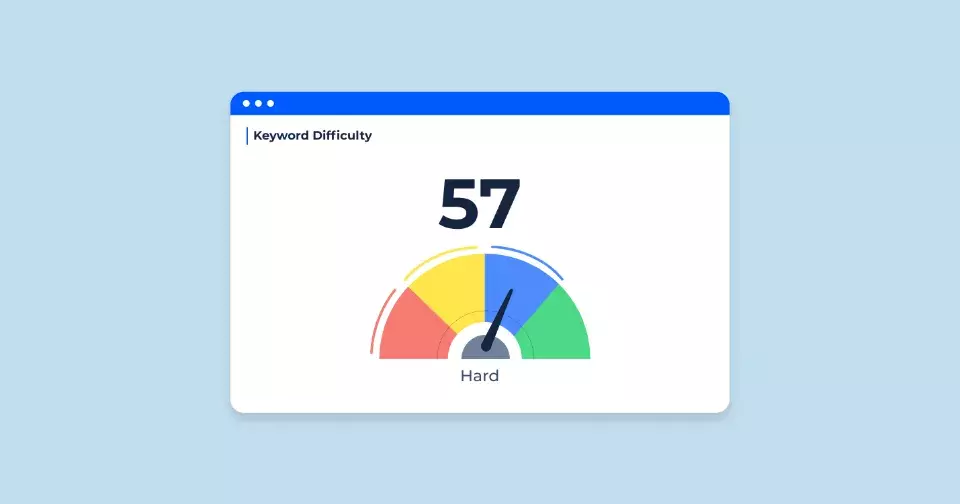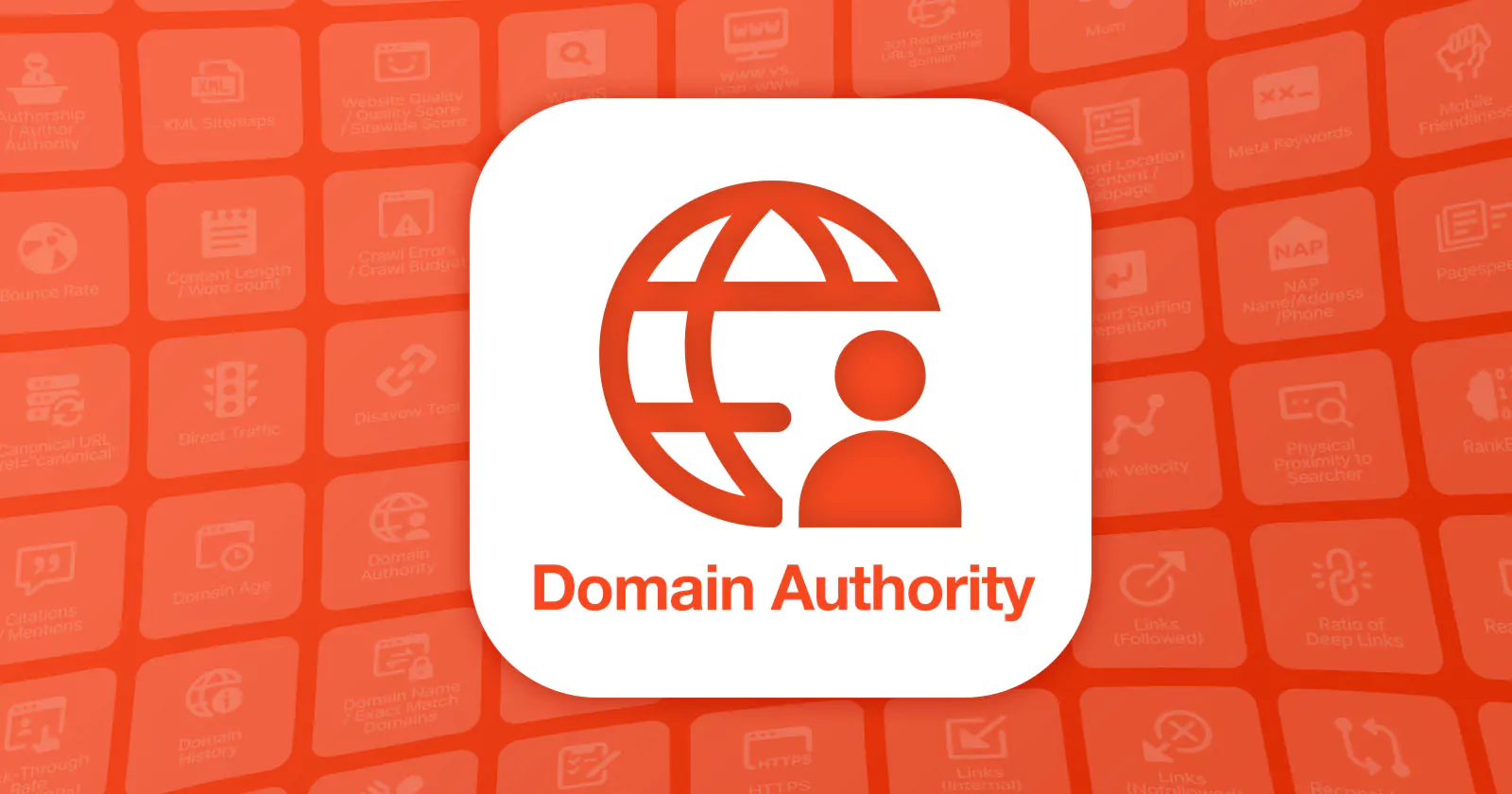
Keyword difficulty may not be the most buzzworthy topic or the latest trend in SEO discussions. However, it is a powerful metric once you grasp its potential. So what is keyword difficulty in SEO?
Keyword difficulty gauges how hard or easy it is to rank for a particular keyword based on various factors.
In this comprehensive post, we will explain what is keyword difficulty, its significance in SEO, and strategies to navigate the challenging landscape of keyword competition.
What is Keyword Difficulty in SEO?
So what does keyword difficulty mean in SEO?
Keyword difficulty serves as an SEO metric to evaluate the level of challenge associated with ranking for a particular keyword on search engines such as Google.
These scores are commonly represented as numerical values or scales (e.g., low, medium, high, or ranging from 0-100) to convey the relative difficulty of achieving a high ranking for the specified keyword.
SEO practitioners leverage keyword difficulty scores to prioritize their chosen keywords or topics.
By concentrating on keywords with manageable difficulty levels, they aim to enhance their prospects of achieving higher rankings in search engine results.
You can use Niche Finder's Keywords Niche to check keyword difficulty, taking "coffee" as an example, you will quickly get a detailed overview of this keyword:

Factors Affecting Keyword Difficulty
Here are some factors that affect keyword difficulty.
Competitor Authority
The strength and authority of competitors targeting the same keyword play a pivotal role in determining its difficulty.
If top-ranking pages are from well-established and authoritative websites, the keyword difficulty will likely be higher.
Content Quality
The quality and relevance of content on page ranking for a specific keyword matter. Search engines aim to deliver the most valuable and comprehensive content to users.
Therefore, creating high-quality, informative, and user-friendly content is essential for ranking in competitive keyword landscapes.
Backlink Profile
Backlinks, or external links pointing to a webpage, significantly influence keyword difficulty. A keyword with high difficulty may be associated with pages that have a robust backlink profile.
Obtaining backlinks from reputable sources is a common strategy to improve a page's authority.
On-Page Optimization
The degree to which a webpage is optimized for a target keyword directly affects its ranking potential. Factors such as keyword placement, content structure, and meta tags contribute to on-page optimization.
Well-optimized pages are more likely to rank higher for their targeted keywords.
Search Volume
High search volume often correlates with higher keyword difficulty. Popular and frequently searched keywords tend to attract more competition.
However, this doesn't mean you should shy away from high-volume keywords; it simply emphasizes the need for a well-thought-out strategy.
User Intent
Understanding user intent behind a keyword is crucial. Keywords with commercial intent or those signaling clear user interest may have higher difficulty.
Aligning content with user intent enhances the likelihood of ranking well for the chosen keywords.
Why Is Keyword Difficulty Important?

Here are some reasons why we research keywords difficulty.
1. Strategic Planning: Assessing keyword difficulty aids in strategic planning. It helps SEO professionals and website owners prioritize their efforts by focusing on keywords with an achievable level of difficulty.
2. Resource Allocation: Resource allocation is a critical aspect of SEO. Knowing the difficulty of keywords allows you to allocate resources efficiently, concentrating efforts on keywords that align with your goals and resources.
3. Realistic Goal Setting: Setting realistic goals is essential for any SEO campaign. By understanding keyword difficulty, you can set achievable targets and timelines for ranking improvements.
4. Competitive Analysis: Keyword difficulty analysis involves evaluating competitor strength. This insight allows you to tailor your strategy based on the competitive landscape, identifying areas where you can gain a competitive advantage.
How to Navigate Keyword Difficulty?
1. Long-Tail Keywords: Long-tail keywords are more specific and often have lower competition than broad keywords. Targeting a combination of long-tail and short-tail keywords can provide a balanced approach to keyword difficulty.
2. Content Quality and Relevance: Invest in creating high-quality, relevant, and comprehensive SEO content. Search engines prioritize content that fulfills user intent and provides value. Quality content can help overcome challenges posed by high keyword difficulty.
3. Backlink Strategy: Develop a robust backlink strategy to enhance the authority of your pages. Building high-quality backlinks from authoritative sources can positively impact your ability to rank for competitive keywords.
4. On-Page Optimization: Optimize your pages for the target keyword by strategically placing them in titles, headings, and throughout the content. Ensure a clear and logical structure that enhances both user experience and search engine crawlability.
5. Regular Monitoring and Adjustments: Keyword difficulty is not static; it can change over time. Regularly monitor keyword performance, track changes in competition, and be prepared to adjust your strategy accordingly.
6. Utilize SEO Tools: Leverage SEO tools that provide keyword difficulty scores. Tools like Moz, Ahrefs, and Niche Finder offer insights into keyword difficulty, helping you make informed decisions about your SEO strategy.
Conclusion: What is Keyword Difficulty in SEO
In the intricate world of SEO, understanding and navigating keyword difficulty is a fundamental skill. It involves a combination of strategic planning, resource allocation, and a commitment to creating high-quality content.
By comprehending the factors influencing keyword difficulty and implementing effective strategies, you can enhance your website's visibility and rankings in search engine results.

